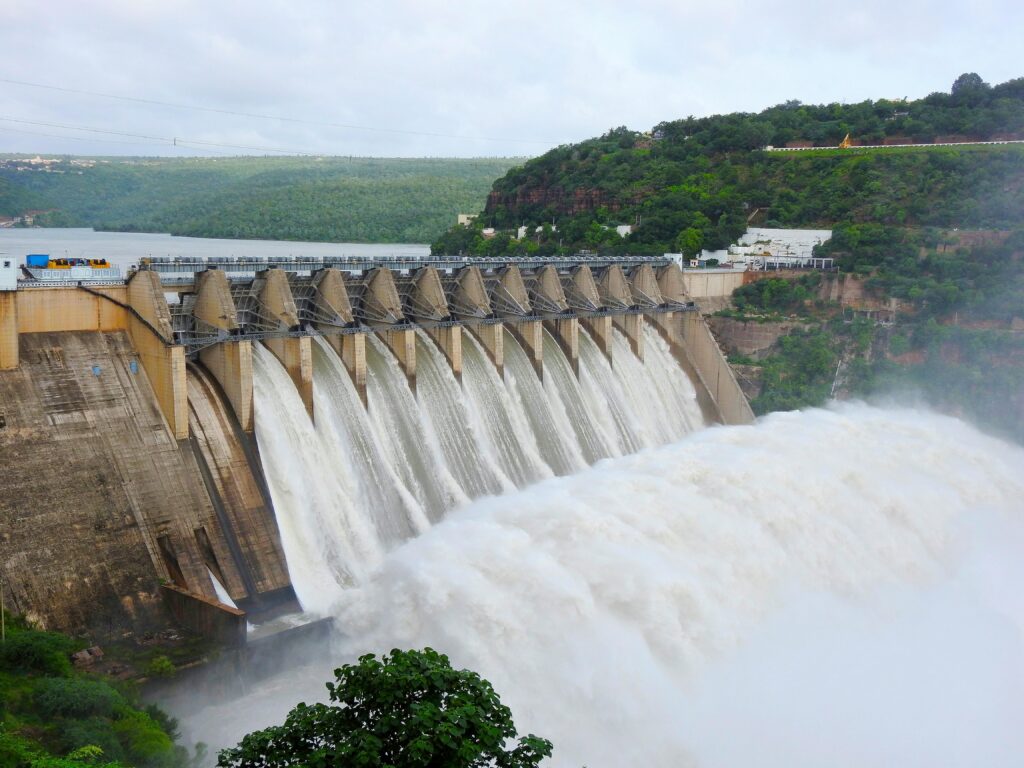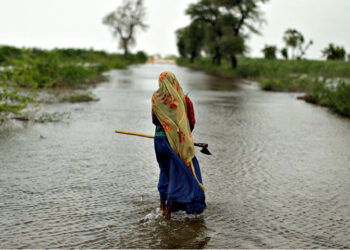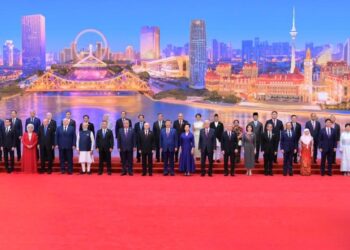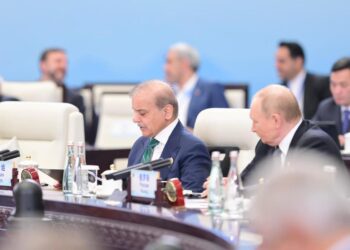By Kashif Hasan

From the glacial springs of the Himalayas to the slow-moving plains of Iran, water has always been both a source of life and a point of conflict. In the South Caucasus and the Middle East, Iran and Azerbaijan — despite decades of political mistrust, border disputes, and shifting alliances — have built a pragmatic framework of cooperation over their shared rivers. By contrast, India and Pakistan, custodians of one of the world’s most complex river systems, continue to entangle water management with politics, rivalry, and narratives of ownership — even though they possess a treaty that has survived wars, insurgencies, and diplomatic freezes.
This article explores how Iran and Azerbaijan have kept water cooperation functional despite political strains, and why India and Pakistan continue to falter. It also outlines practical lessons South Asia could draw to depoliticise water governance and turn rivers into bridges of peace.
The Indus Waters Treaty: A Precedent of Pragmatism
The cornerstone of water governance in South Asia is the Indus Waters Treaty (IWT), signed in 1960 with World Bank mediation. Under the agreement, Pakistan secured rights over the three western rivers — the Indus, Jhelum, and Chenab — while India was granted the eastern rivers — the Ravi, Beas, and Sutlej.
In effect, Pakistan received nearly 80 percent of basin flows, with India allotted around 20 percent. India retained limited rights on the western rivers, including small-scale irrigation and hydropower projects, while Pakistan held primary usage.
Institutions like the Permanent Indus Commission were established for data exchange, project notifications, and dispute resolution. The Treaty has often been hailed as a rare triumph of realism: it survived wars, insurgencies, and prolonged diplomatic deadlocks.
The Iran–Azerbaijan Model: Technical Cooperation Amid Politics
Across the Aras River, Iran and Azerbaijan offer a strikingly different story. Despite recurrent political rifts, the two states signed bilateral agreements, created joint commissions, and cooperated on dam and hydropower projects.
Even during periods of diplomatic tension, technical collaboration continued. This model underscores that when cooperation is confined to technical matters, supported by regular data exchange and mutual economic benefits, it can endure and even strengthen trust.

Why Have India and Pakistan Lagged Behind?
Three core reasons explain why New Delhi and Islamabad remain stuck where Tehran and Baku moved forward:
- Unequal stakes and existential anxieties
Pakistan’s agriculture is almost entirely dependent on the Indus basin, irrigating up to 80 percent of its farmland. Any disruption is perceived as an existential threat. India’s projects, however limited, are often framed in Pakistan as survival issues. - Security lens and politicisation
Water disputes have been transformed into symbols of national pride and grievance. Technical talks routinely collapse into political debates. By contrast, Iran and Azerbaijan packaged cooperation as developmental necessity, insulating it from political exploitation. - Politicised institutions
The Permanent Indus Commission exists, but its work is frequently derailed by politics, arbitration, and legal battles. Instead of functioning as a technical platform, it often becomes an extension of wider diplomatic confrontations.
This year alone, a political crisis suspended implementation of parts of the Treaty, with unilateral dam operations and heated media rhetoric turning water into a political weapon — jeopardising millions of lives dependent on the system.
Lessons for South Asia
If Iran and Azerbaijan can depoliticise water management, so can India and Pakistan. Key steps include:
- Separating water governance from politics: Hydrological data, flood alerts, and reservoir schedules must be shielded from political turbulence.
- Economic integration: Joint hydropower investments, electricity trade, and profit-sharing can make cooperation mutually unavoidable.
- Transparency and trust: Open, real-time data exchange on flows, floods, and droughts would reduce suspicion and strengthen disaster preparedness.
- Institutional reforms: An independent secretariat, a joint development fund backed by multilateral banks, and civil society participation could give the IWT renewed resilience.
- Humanitarian clauses: Guaranteed flows even during conflict would protect vulnerable populations from collective punishment.
Water as a Bridge, Not a Weapon
South Asia’s challenge is to recognise rivers not as instruments of rivalry but as shared human resources. If Iran and Azerbaijan — no strangers to political tension — can sustain cooperation, India and Pakistan can do the same.
Rivers do not recognise borders; they sustain life. The task before both nations is to make water a bridge of peace, not a line of division.























